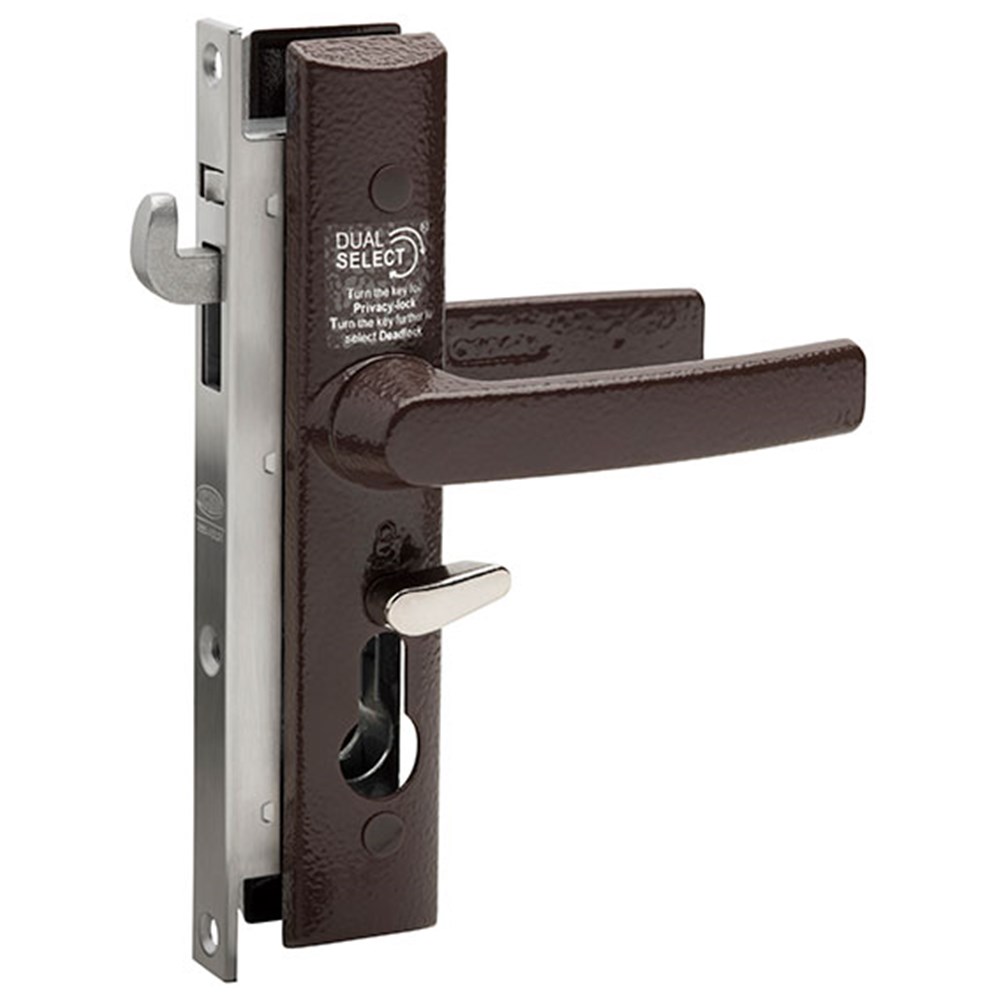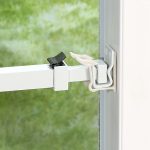Securing your home is a top priority for homeowners. Among the various components that contribute to home security, door locks play a vital role. Choosing the right security door locks can make a significant difference in the safety of your property and your peace of mind. With multiple options available, knowing what features to look for can be overwhelming. This guide aims to simplify the process of selecting the best security door locks for your home, focusing on types, features, installation, and maintenance.
Understanding Different Types of Door Locks
Mechanical Locks
Mechanical locks are the most common type of locking mechanisms found in homes. These locks typically require a key to operate. They come in various designs, including deadbolts, knob locks, and mortise locks. The simplest among them is the knob lock, which is often used on interior doors. However, they are not recommended for exterior doors due to their vulnerability.
Deadbolt locks are more secure than knob locks and are designed to withstand forced entry. They come in two forms: single-cylinder and double-cylinder deadbolts. The single-cylinder deadbolt is operated with a key from the outside and a thumb turn from the inside. In contrast, the double-cylinder deadbolt requires a key for both sides, providing additional security when there are glass windows nearby.
Electronic and Smart Locks
With advancements in technology, electronic locks and smart locks have become popular choices for homeowners. These locks often provide various entry methods, including keypad codes, cards, and mobile applications. Electronic locks eliminate the need for traditional keys, making them more convenient.
Smart locks take it a step further by connecting to your home’s Wi-Fi network. This feature allows you to control the locks remotely via a smartphone app. Users can unlock doors, monitor access, and even grant temporary access to guests without needing physical keys. Smart locks also provide valuable notifications that can alert you when someone enters or leaves your home.
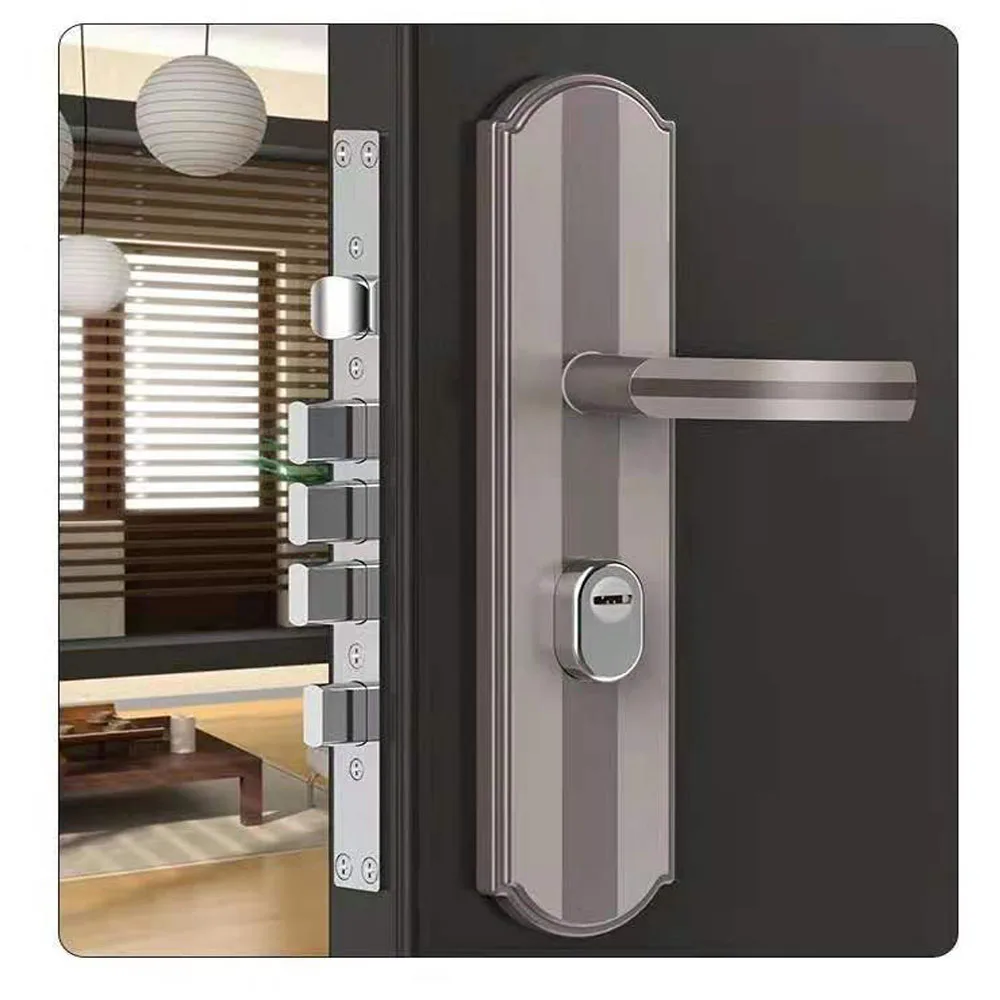
Key Features to Consider
Security Ratings
When choosing a security door lock, one of the first factors to consider is its security rating. Look for locks tested by organizations like Underwriters Laboratories (UL) or the American National Standards Institute (ANSI). These organizations evaluate locks based on their durability and resistance to forced entry.
The ANSI grades range from 1 to 3. Grade 1 locks are the most secure, designed for commercial use and offering resistance to picking, drilling, and forced entry. Grade 2 locks are suitable for residential use, providing decent security, while Grade 3 locks are typically used for interior doors or less secure applications.
Material and Construction
The material and construction of the lock are critical factors in determining its security level. Look for locks made from solid materials, such as steel or brass, as these provide better resistance against tampering. Locks with a wrap-around design or reinforced strike plates offer additional security against brute force attacks.
It is also important to consider the durability of the locking mechanism itself. High-quality locks feature precision-engineered components that reduce the chances of mechanical failure over time. Investing in sturdy and well-constructed locks can save you from future security dilemmas.
Installation Considerations
Professional vs. DIY Installation
When it comes to installing a new door lock, homeowners must decide between professional installation and do-it-yourself (DIY) approaches. While DIY installation can save money, it may not always provide the level of security you need. Proper installation is crucial for ensuring that the lock functions as intended.
If you are comfortable with basic tools and have experience installing locks, you may be able to install a simple lock yourself. Many electronic and smart locks come with comprehensive installation guides that make the process easier. However, if you are uncertain or dealing with a more complex locking system, hiring a professional locksmith is a wise choice. They can ensure that the lock is installed correctly, providing peace of mind.
Door Compatibility
Before purchasing a lock, ensure that it is compatible with your existing door. Different locks have varying requirements regarding door thickness, width, and materials. For instance, a deadbolt requires a specific-sized hole in the door and a secure strike plate.
If you are replacing an existing lock, check the hole diameter from the previous installation. Standard sizes exist, but verified measurements will ensure that your new lock fits without extensive modifications. Investing time in compatibility checks can help you avoid unnecessary hassles.
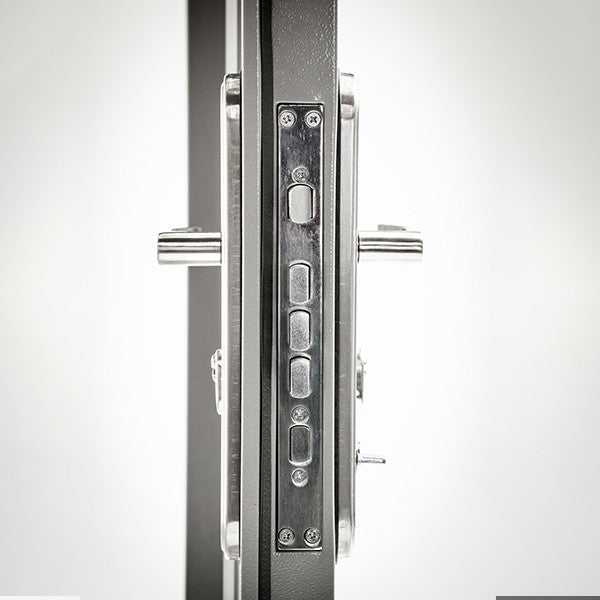
Evaluating Access Methods
Traditional Key Access
Many homeowners prefer traditional key access for its simplicity and reliability. While they may not offer the same convenience as electronic locks, keys are straightforward and do not rely on power sources. Traditional locks are often more affordable and have fewer components that require maintenance or updates.
However, this access method has downsides. Keys can be lost or stolen, posing a security risk. Additionally, homeowners might have to carry multiple keys, making access cumbersome. While reliable, traditional key locks require extra measures for security, like rekeying or changing locks if keys are compromised.
Keyless Entry Systems
Keyless entry systems offer the convenience of not needing a physical key. Electing for a keypad or smart lock allows users to enter a unique code or use a smartphone app for access. This feature is particularly useful for families with children, as they can easily grant access without needing to hand over keys.
One notable benefit of keyless systems is that they can be programmed to allow temporary access for guests or service personnel. Users can easily change codes or revoke access at any time. While incredibly convenient, it’s essential to establish a strong, unique code to avoid unauthorized entry.
Additional Security Measures
Deadbolts and Secondary Locks
While the primary lock on your door is essential, incorporating additional security measures can further enhance your home’s safety. Adding a deadbolt in conjunction with your standard door lock creates a layered approach to security. A deadbolt acts as a strong deterrent against attempted break-ins and reinforces the existing lock.
Consider using secondary locks, such as sliding bolt locks or vertical bolts, on sliding glass doors or secondary entry points. These locks provide an extra layer of security to hard-to-secure areas and can be easily installed without professional help.
Security Systems and Alarms
Integrating door locks with a comprehensive security system can maximize your home’s security. Modern security systems often come with door sensors, surveillance cameras, and alarms that provide additional peace of mind. A complete system can notify homeowners of unauthorized access attempts, serving as a strong deterrent to potential intruders.
Additionally, smart home devices can be programmed to work in conjunction with door locks, providing alerts when doors are unlocked or opened. Enhanced security measures help keep your home safe while allowing you to monitor access.
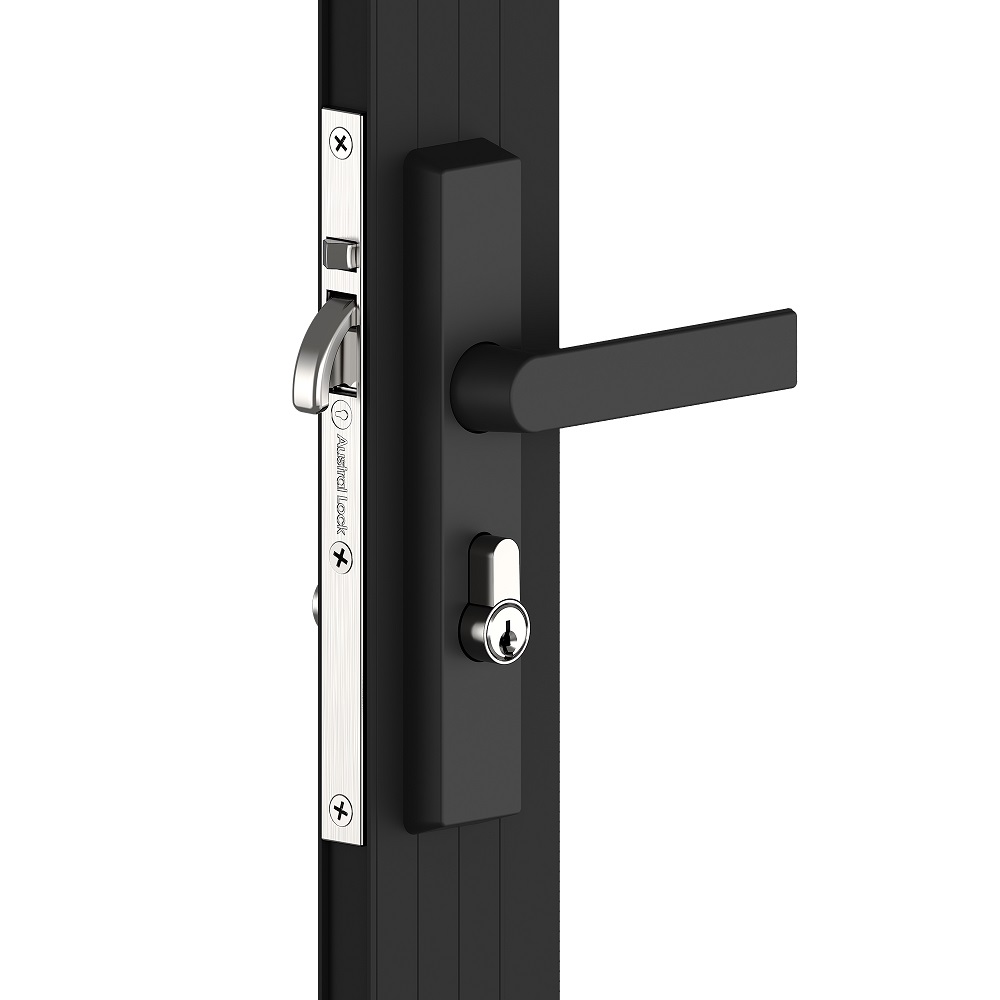
Maintenance and Upkeep
Regular Inspections
Once you have installed your security door locks, regular inspections and maintenance are crucial to ensure their continued effectiveness. Check the locks periodically for any signs of wear, damage, or rust. Address any issues immediately to maintain their functionality.
Cleaning the locks and lubricating them with graphite powder or a silicone-based lubricant can prevent sticking and maintain smooth operation. Avoid using oil-based lubricants, as they can attract dust and debris, leading to potential problems. Taking these maintenance steps can prolong the life of your locks.
Re-keying and Replacing Locks
As situations change, such as moving into a new home or losing keys, it’s essential to re-key or replace locks. Re-keying allows a locksmith to change the internal configuration of the lock, rendering old keys useless. This process is often more cost-effective than replacing an entire lock.
If a lock appears heavily worn or damaged, replacing it is the best option. Investing in new, high-quality locks provides an added layer of security and ensures continued reliability. Promptly addressing these issues is key to maintaining a secure environment at home.
Prioritize Your Home Security
In summary, choosing the best security door locks is critical for safeguarding your home and family. Consider the different types of locks available and their respective features. Understanding the security ratings, materials, and installation options can significantly impact your decision.
Investing in quality locks, whether mechanical or electronic, can pay off by giving you peace of mind. Supplement your primary locking mechanism with deadbolts, secondary locks, and a complete security system for comprehensive protection.
Regular maintenance and proactive measures will help ensure that your locks remain functional over time. By prioritizing home security, you can make informed decisions that keep your property secure. A well-chosen locking system forms the backbone of a safe living space, allowing you to enjoy your home with confidence.
